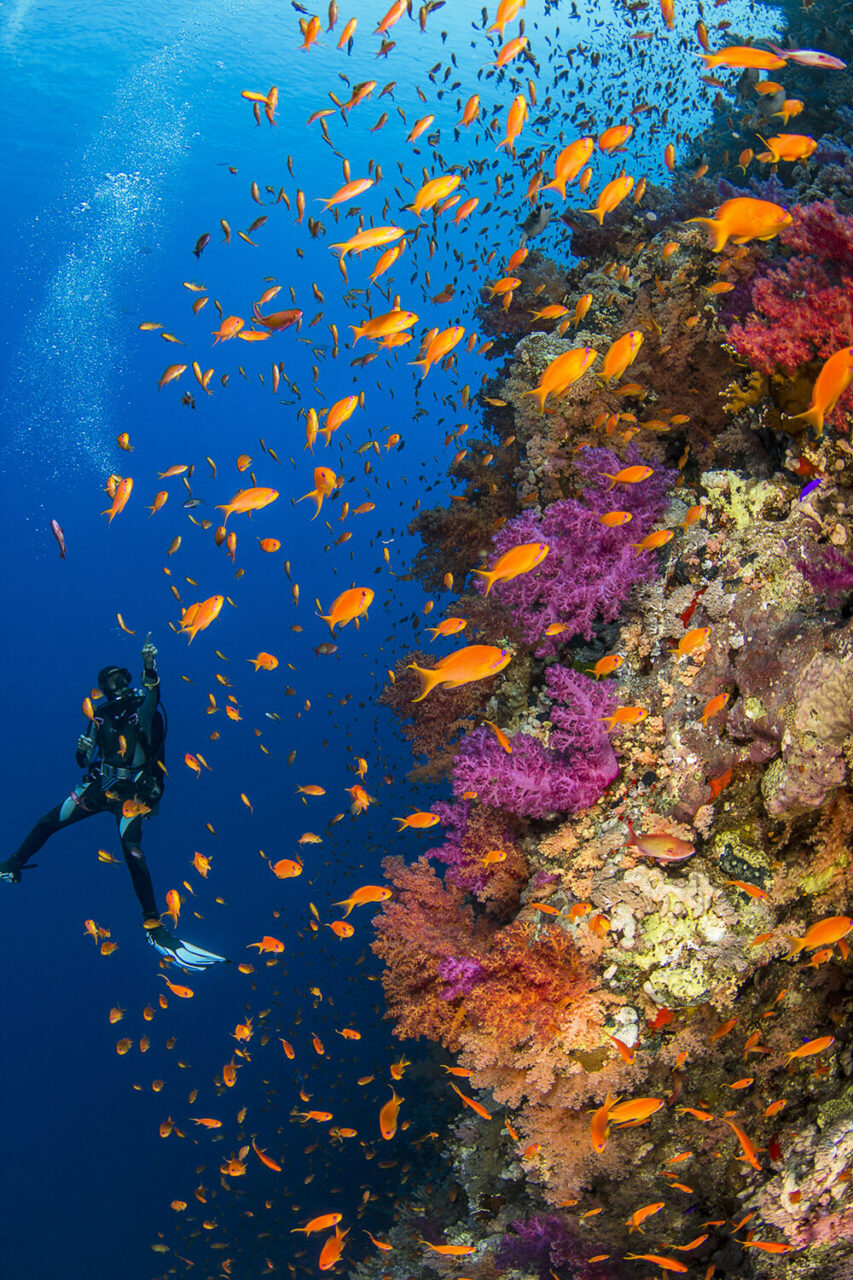Lead institution:
Institutt for arktisk og marin biologi – Norway
The HubSmolt project focuses on optimizing freshwater rearing conditions to maximize welfare and productivity during the seawater phase of salmon production.
A genetic locus has been discovered that dramatically affects the light-dependent process of smoltification, influencing molecular reorganization of the gill, somatic growth in freshwater, and survival in the seawater cage environment. Due to the significant impact on gill gene expression, this locus is referred to as the hub locus. HubSmolt’s objectives are to properly characterize the consequences of variation at this locus for smolt development and seawater performance and to begin defining the mechanisms through which the hub locus affects the smolt phenotype.
To meet the HubSmolt objectives, a new study will be conducted on pools of fish, homozygous for either the major or minor allele at the hub locus. Fish will undergo smoltification protocols using either short photoperiod or continuous light, with multi-tissue sampling and endocrine monitoring throughout the freshwater phase. This will define in which tissues and at what times the hub locus affects development and assess the extent to which these effects interact with rearing conditions. Subsequently, fish will be transferred to seawater cages and monitored until they reach commercial slaughter weight. In parallel, controlled handling stress tests and SAV3 virus challenges will be conducted to assess acute and long-term immunological and pathological responses. By combining these analyses with detailed genetic characterization of the hub locus, a comprehensive understanding of how the hub locus affects development prior to seawater transfer and its potential utility in refining salmon aquaculture will be gained. With extensive complementary experience in basic and applied research in salmonid biology, the project consortium is exceptionally qualified to achieve these objectives.
Start Date: 01/01/2024
End Date: 31/12/2027
Lead Contact: David Hazlerigg (david.hazlerigg@uit.no)
